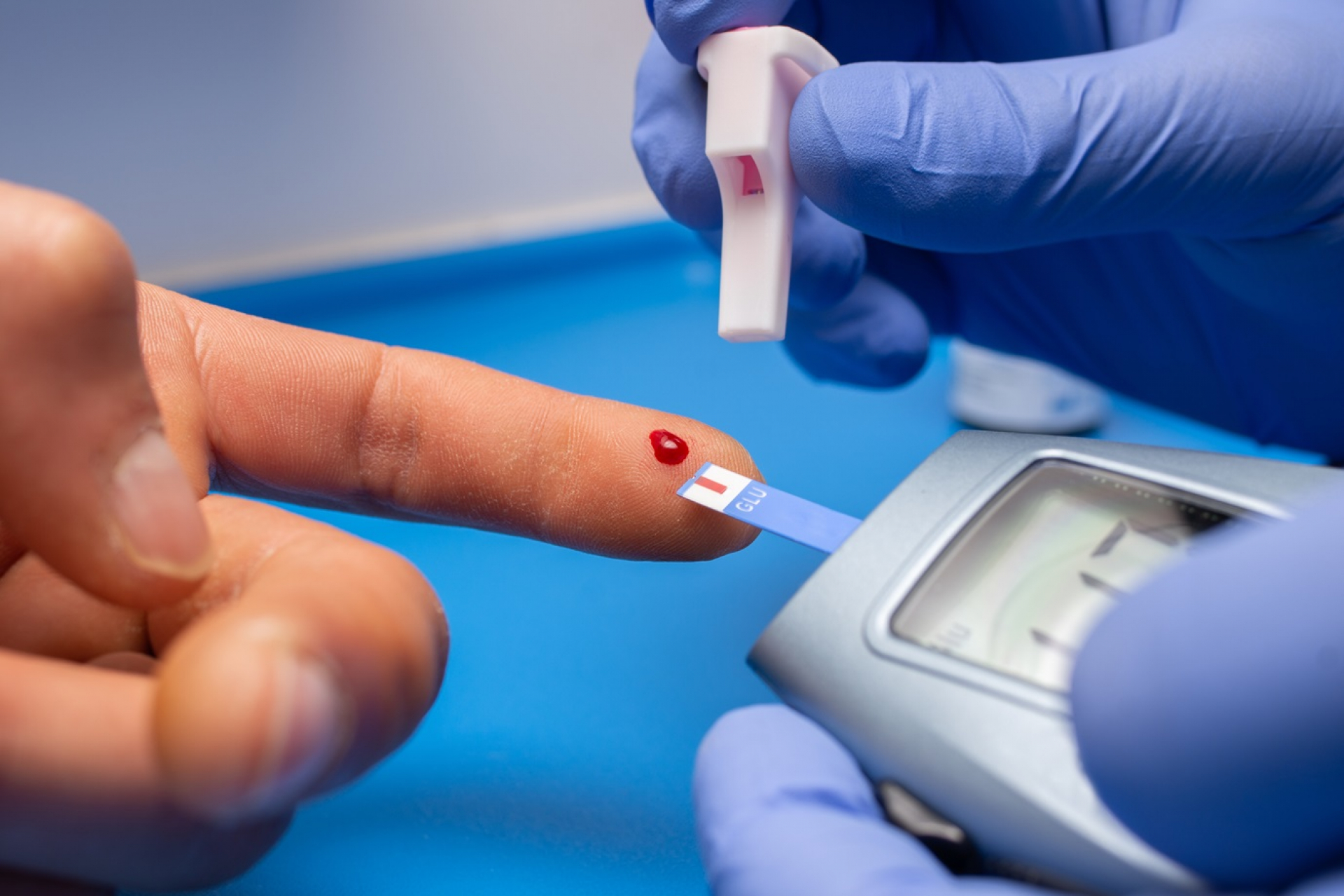Diabetes diagnostic tests play an important role in evaluating blood sugar levels and identifying the presence or the risk of developing diabetes. These tests are critical for the timely detection and proper management of the disease. A commonly used diagnostic test for diabetes is fasting blood sugar (FBS) test.
Importance of the FBS Test in Diabetes Management
A blood glucose test is used to measure the amount of glucose in your blood. Glucose, a type of sugar, is the main source of energy for your body. The hormone insulin is important in the process of moving glucose from your blood to your body's cells. An abnormal increase in your blood glucose level (hyperglycemia) could indicate that you have a medical condition. Increased levels can occur temporarily after eating a large quantity of carbohydrates or when hormones that increase blood glucose levels (such as cortisol) are increased by illness or stress. If you do not have diabetes mellitus (or other related ailments), abnormally high blood glucose levels may be caused by problems with the pancreas, adrenal glands, or medications such as epinephrine.
Low blood sugar, or hypoglycemia, is a common occurrence with type 1 diabetes and can occur with type 2 diabetes on certain medications. While conditions like liver disease can cause low blood sugar in people without diabetes, this occurrence is rare.
Why Do I Need a Fasting Blood Glucose Test?
A blood glucose test may be ordered by your healthcare provider if you exhibit signs of high or low glucose levels.
Symptoms of high blood sugar levels include:
- Increased thirst and urination
- Blurred vision
- Tiredness
- Wounds that require a long time to recover
- Weight loss
- Numbness or tingling in the feet or hands
Symptoms of low blood sugar levels include:
- Feeling jittery
- Hunger
- Fatigue
- Feeling dizzy, confused, or irritable
- Headache
- Irregular heartbeat
- Having trouble seeing
- Fainting or seizures
A blood glucose test may be necessary if you are at a high risk of developing type 2 diabetes. The likelihood of developing diabetes increases if you:
- Are overweight or obese
- Are 45 years or older
- Have a family history of diabetes
- Have high blood pressure
- Have an inactive lifestyle
- Have a history of heart disease
- Have gestational diabetes
Pregnant women usually receive a blood glucose test for gestational diabetes, usually between the 24th and 28th weeks of their pregnancy.
Why is a Fasting Blood Glucose Test Performed?
A healthcare provider may recommend a blood test to see if you have diabetes or prediabetes. This test is used to measure your fasting blood glucose levels.
Your body breaks down the carbohydrates you eat into blood sugar (also called glucose), which is an important source of energy for the cells in your body.
A home testing kit is used by people that have the diagnosis of diabetes to keep a regular check on their blood sugar levels. Your blood sugar reading provides insight into your current blood sugar level and can help you determine if any dietary adjustments are necessary, based on your level of physical activity or potential need for alterations.
If left untreated, low blood sugar (hypoglycemia) can lead to seizures or a coma, whereas high blood sugar (hyperglycemia) can result in diabetic ketoacidosis, which can be life-threatening if diagnosed too late or left untreated in someone with type 1 diabetes. Prolonged hyperglycemia also increases the risk of serious complications such as diabetic neuropathy (nerve damage), diabetic retinopathy (eye disease), and diabetic nephropathy (kidney disease).
Preparation and General Instructions
Before you have a fasting glucose test, your healthcare provider will ask you to fast for 8 to 12 hours. It is important to not eat or drink anything except water while you are fasting before the test. A nurse or technician will take a blood sample by inserting a needle into a vein in your arm. This sample will then be sent to a laboratory for analysis to determine the glucose levels in your blood. It is common to experience some pain or discomfort at the site where the needle was inserted, however, this discomfort typically subsides over time.
Interpretation of Fasting Blood Glucose Test Results
The results are given in milligrams per decilitre (mg/dL)
|
Results |
Fasting blood sugar range (mg/dl) |
|
Normal |
70-100 |
|
Pre-diabetes |
100-125 |
|
Diabetes |
126 and above |
Elevated glucose levels in the test results may suggest a potential risk of developing diabetes. Additionally, heightened glucose levels could also be indicative of:
- Hyperthyroidism
- Pancreatic disorders
- Stress following surgery, a life-threatening illness, or trauma
Individuals with diabetes may experience lower blood glucose levels than usual due to various factors:
- Eating insufficiently, particularly after taking diabetes medication
- Exercising more frequently than usual
Low blood sugar levels in the absence of diabetes could suggest:
- Liver disease
- Kidney disease
- An underactive thyroid, pituitary, or adrenal gland (hypothyroidism)
- Alcohol addiction
Early diagnosis of diabetes is essential for maintaining optimal health. Regular screenings, such as fasting blood sugar tests, yield valuable insights into your blood sugar levels and potential risks. The early identification of diabetes enables individuals to be proactive in managing their health, making lifestyle changes, and avoiding complications.


